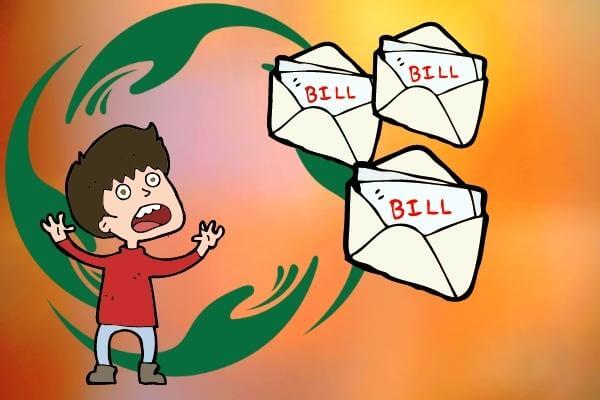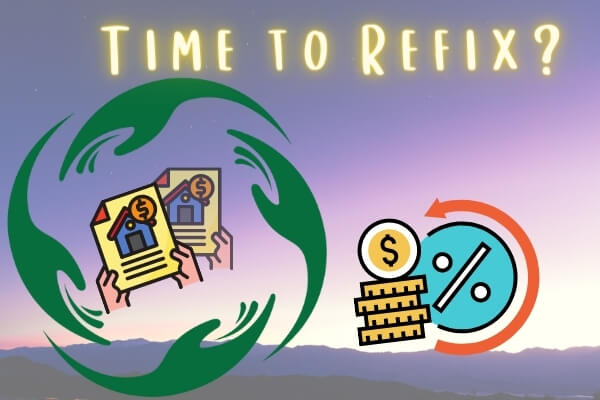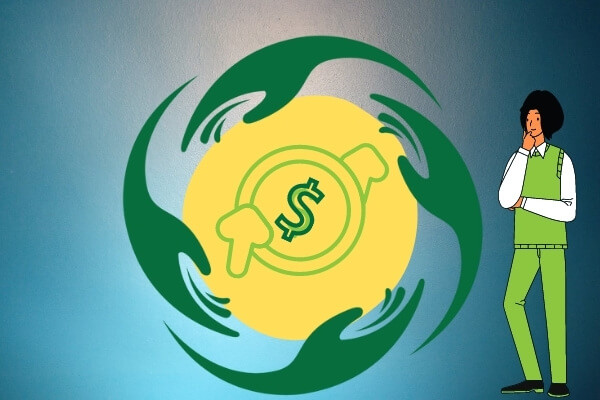There’s a good chance that you haven’t heard of the Credit Contracts and Consumer Finance Act (CCCFA), but it’s an important one! It’s the Act that protects you when you borrow money or buy products or services on credit. So, if you are using a credit card, getting a personal loan, using a store card or have resorted to a payday loan then this is an important read.
The Act requires lenders to always act responsibly and to ensure that you, the borrower, are making informed choices and know what you are agreeing to. There are certain things lenders must tell you when you borrow money. This is called disclosure of information.
For example, lenders must:
- make standard terms and costs of borrowing publicly available via their website or on clearly displayed notices at their premises. This helps borrowers compare the cost of borrowing and contract terms, and to shop around.
- give you important information in writing before you sign an agreement, eg annual interest rate, all fees, how you can cancel, details of their dispute resolution scheme.
Most lenders are responsible and provide the information about the loan etc, and meet these obligations already, but knowing how much your credit is costing you does not stop the lenders from charging fees and interest rates that make it almost impossible for you to repay the loan!! For this reason, the Act has been reviewed and changed.
Some amendments to the Act will come into force from 1st October 2021. You can read about the changes to the Act in more detail here.
Lenders will be working under new prescriptive requirements when assessing the affordability and suitability of loans. Additional registration and compliance will be required to be undertaken by lenders, and the responsible advertising standards also have new regulations.
One recent change to the Act means that lenders can no longer charge a total of more than twice the amount of the original loan (also called the principal).
For example, if you take out a loan of $150 to cover an unexpected bill, the lender can’t charge you more than $300. Previously a $150 loan could end up costing you hundreds more than that if you were charged high interest rates, late payment fees, etc. – borrowers could be paying back a lot more than twice the principal.
That is still a large amount of extra money to be paying off your loan, so it is important that you go into a situation with your eyes open – look out for the ways in which you will incur extra charges. These could be late payment fees, or ironically also early repayment fees!

Why is it so hard to get a loan?
Buying a house seems so complicated! Are you confused about what you need to do to get finance for buying a new home, whether it be a build or your first home or an upgrade? Well that’s no surprise, as the banks seem to be confused too. We have had super low interest...

House Value Fluctuations… Help!
Should you be worried about your house value going up or down? No, not really. If you already own a house the value only matters if you are looking to sell it or to borrow more money for things like renovations, holidays, to get a new car or other debt consolidation....

Missed Payments
Missed Payments

Income Servicing
What does it take to service a loan? So, you are thinking about getting a loan and you know the banks are going to want all sorts of information and documents. What do they do with it? The documents that the lenders request are proof of the story that you tell them...

Newsletter November 2021
Finance Made Easy Series

Lenders Want To Know Everything!
What does the bank need to know to give me a loan? EVERYTHING!! Lenders are bound by many external rules and their own policies. Partly this is to protect the customer (you) and partly this is to ensure that they don’t lose money! Lenders need to make a profit to...

The Simple Refix – Simple no longer!
Refix At the end of a fixed rate period for a loan, you have the choice to refix at whatever interest rate the Lender offers. This can be negotiated with your Financial Adviser. If you do not refix your loan it will automatically go on to the Floating Rate. You can...

Inflation and Interest Rates
Inflation and Interest Rates. Property prices have been going crazy, and it’s never been cheaper to borrow money.

It’s World Financial Planning Day!
World Financial Planning Day is a global event, the aim being to raise awareness of the value of financial planning. As you’ll know if you follow our blog, we’re always on about this! We want you to understand your financial situation, and to feel empowered when it...

Newsletter October 2021
Lockdown limitations October Deadline

